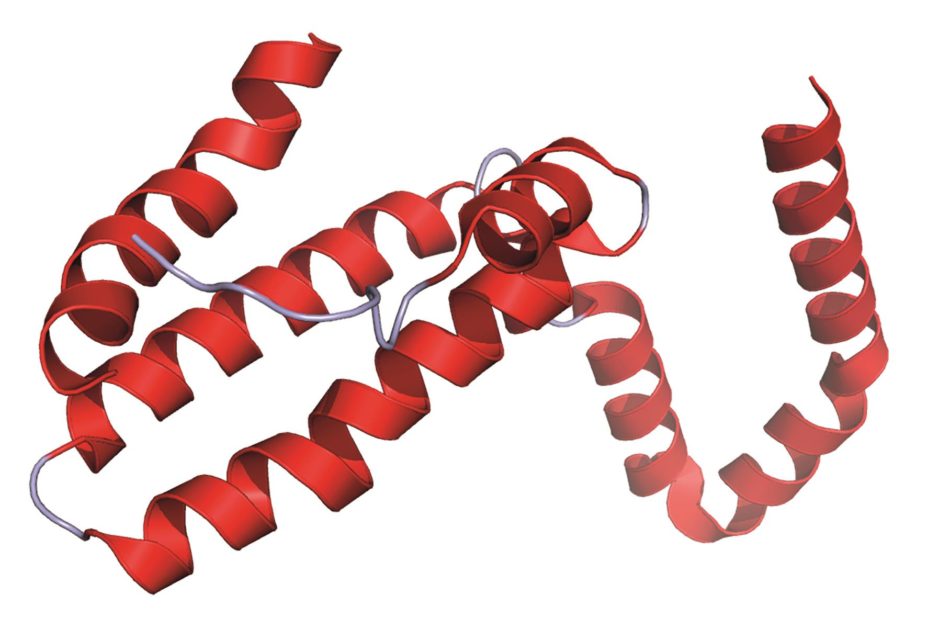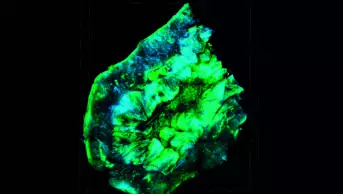
Ramin Herati / Wikimedia Commons
The inflammation triggered by the innate immune system is thought to promote the progression of Alzheimer’s disease (AD). Various anti-inflammatory strategies have been proposed to tackle this problem, but with little success.
The complexity of the relationship between inflammation and AD pathology is highlighted in research published in Neuron[1]
, which found that interleukin-10 — an anti-inflammatory cytokine — actually had detrimental effects in a mouse model of AD. It increased the accumulation of amyloid plaques and the deposition of apolipoprotein E protein, which was sequestered in plaques, and exacerbated cognitive impairment.
The researchers say that their unexpected finding counters the prevailing ‘cytokine storm’ hypothesis of AD progression, and demonstrates the complex interplay between innate immunity and proteostasis in neurodegenerative diseases — a process that they term ‘immunoproteostasis’.


